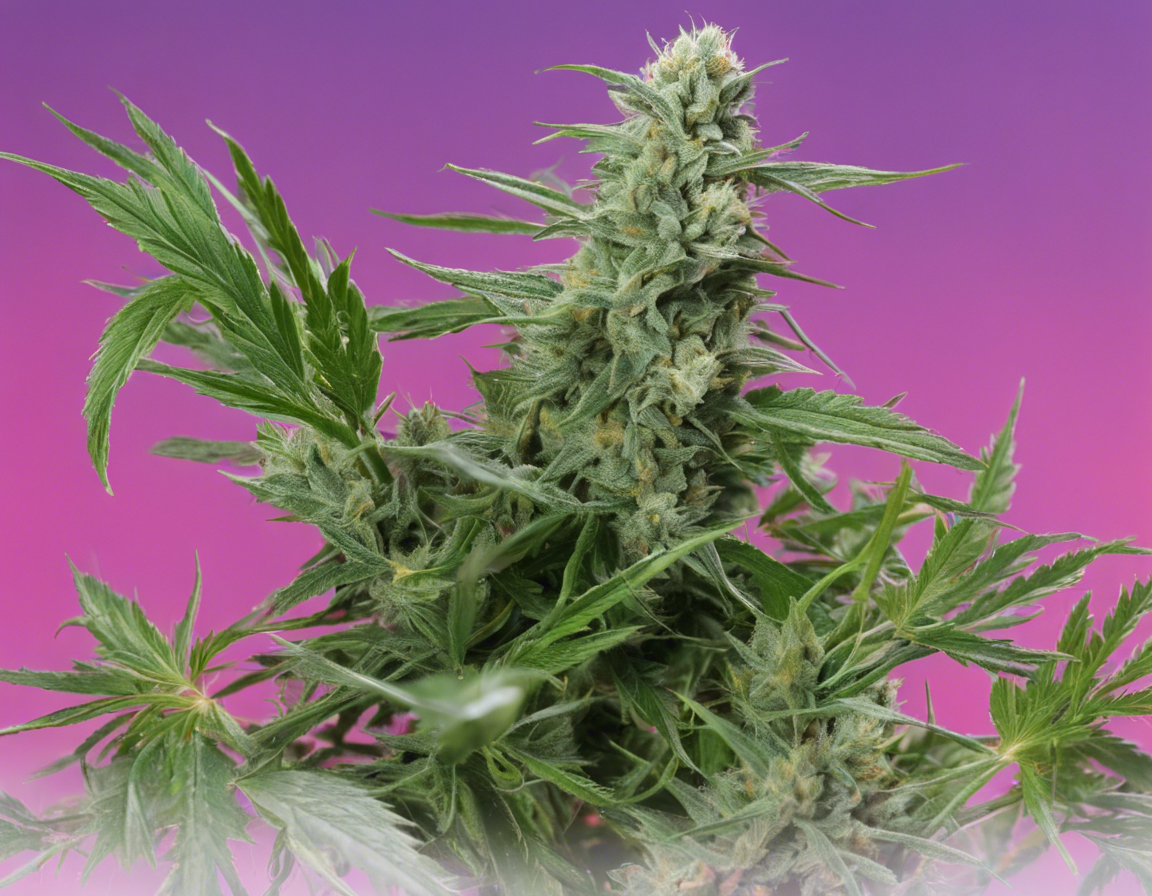Introduction
In the world of microbiology and biotechnology, the Rs-11 strain stands out as a remarkable microorganism with diverse applications and benefits. This particular strain has been extensively studied and utilized in various industries, ranging from agriculture to pharmaceuticals, due to its unique properties and capabilities. In this article, we will delve into the world of the Rs-11 strain, exploring its origins, characteristics, and the multitude of benefits it offers.
Origins and Characteristics of the Rs-11 Strain
The Rs-11 strain is a microorganism that belongs to the realm of bacteria, specifically classified as a beneficial bacterium. It is known for its versatility and ability to thrive in diverse environments, making it a valuable asset in numerous industries. This strain was first isolated and identified through rigorous scientific research, which unveiled its potential for various applications due to its distinct genetic makeup and metabolic pathways.
The Rs-11 strain is characterized by its fast growth rate and resilience in adverse conditions, such as high temperatures or low nutrient availability. These attributes make it an ideal candidate for biotechnological processes that require efficient and robust microorganisms. Furthermore, the Rs-11 strain is known for its ability to produce a wide array of bioactive compounds, including enzymes, antimicrobial agents, and metabolites that have significant industrial implications.
Applications of the Rs-11 Strain
-
Agriculture: One of the primary applications of the Rs-11 strain is in agriculture, where it serves as a biofertilizer and plant growth promoter. Through its interactions with plant roots, the Rs-11 strain facilitates nutrient uptake and enhances the overall health and vigor of crops. Additionally, this strain has been shown to exhibit antagonistic activity against harmful pathogens, protecting plants from diseases and promoting sustainable agricultural practices.
-
Bioremediation: The Rs-11 strain has garnered attention for its bioremediation capabilities, particularly in environmental cleanup efforts. This microorganism has the ability to degrade various pollutants and contaminants, including hydrocarbons and heavy metals, thereby contributing to the restoration of polluted ecosystems. By harnessing the Rs-11 strain in bioremediation processes, researchers and environmentalists can mitigate the impact of pollution and promote ecological sustainability.
-
Pharmaceuticals: In the pharmaceutical industry, the Rs-11 strain has shown promise as a source of novel bioactive compounds with therapeutic potential. Researchers have identified unique metabolites produced by this microorganism that exhibit antimicrobial, anti-inflammatory, and anti-cancer properties. These findings open up new avenues for drug discovery and development, with the Rs-11 strain serving as a valuable resource for the production of pharmaceutically relevant compounds.
-
Food and Beverage: Another area where the Rs-11 strain has found application is in the food and beverage industry. This microorganism can be used to ferment various food products, such as dairy and beverages, to enhance their flavor, texture, and nutritional value. The Rs-11 strain’s enzymatic activities play a crucial role in the fermentation process, leading to the production of health-promoting compounds and bioactive molecules that contribute to the overall quality of the end product.
Benefits of the Rs-11 Strain
-
Enhanced Nutrient Uptake: In agricultural settings, the Rs-11 strain acts as a biofertilizer by facilitating the uptake of essential nutrients, such as nitrogen, phosphorus, and potassium, by plants. This results in improved growth and development of crops, leading to higher yields and quality harvests.
-
Disease Suppression: Through its antagonistic activity against pathogenic microorganisms, the Rs-11 strain helps protect plants from diseases caused by fungi, bacteria, and other harmful agents. By colonizing the root system of plants, this microorganism creates a protective barrier that enhances the immune response of the host plant.
-
Environmental Remediation: The Rs-11 strain contributes to environmental remediation efforts by breaking down contaminants and pollutants in soil and water systems. This process, known as biodegradation, helps restore ecosystem balance and improve the overall health of the environment.
-
Biomedical Discoveries: In the field of pharmaceuticals, the Rs-11 strain has led to the discovery of novel drug candidates with potent therapeutic effects. By isolating and purifying bioactive compounds produced by this microorganism, researchers have uncovered potential treatments for infectious diseases, inflammatory disorders, and even cancer.
-
Sustainable Production: By harnessing the Rs-11 strain in various industries, such as agriculture, bioremediation, and pharmaceuticals, sustainable production practices can be achieved. This microorganism offers a natural and environmentally friendly alternative to conventional methods, promoting resource efficiency and ecological stewardship.
FAQs (Frequently Asked Questions)
-
Q: What makes the Rs-11 strain unique compared to other microbial strains?
A: The Rs-11 strain is characterized by its fast growth rate, resilience in adverse conditions, and the diverse range of bioactive compounds it can produce, setting it apart as a versatile and valuable microorganism. -
Q: How is the Rs-11 strain used in agriculture?
A: The Rs-11 strain serves as a biofertilizer and plant growth promoter, enhancing nutrient uptake, disease resistance, and overall crop health in agricultural settings. -
Q: Can the Rs-11 strain help in cleaning up environmental pollutants?
A: Yes, the Rs-11 strain has bioremediation capabilities and can degrade pollutants such as hydrocarbons and heavy metals, contributing to environmental cleanup efforts. -
Q: Are there any potential side effects or risks associated with using the Rs-11 strain?
A: The Rs-11 strain is generally considered safe and beneficial in its applications. However, it is essential to follow guidelines for its use to minimize any potential risks. -
Q: How can the Rs-11 strain benefit the pharmaceutical industry?
A: The Rs-11 strain has shown promise as a source of novel bioactive compounds with therapeutic potential, leading to the discovery of new drug candidates for various medical conditions.
In conclusion, the Rs-11 strain represents a valuable asset in the realms of biotechnology, agriculture, environmental science, and pharmaceuticals. Its unique characteristics and versatile capabilities make it a sought-after microorganism for a wide range of applications, offering numerous benefits and opportunities for innovation and sustainable development. By continuing to explore and harness the potential of the Rs-11 strain, researchers and industries can unlock new possibilities for addressing global challenges and improving the quality of life for individuals and ecosystems alike.
